Connecting Scouts Worldwide: Exploring the History and Impact of Jamboree on the Air (JOTA) and Amateur Radio Participation
Introduction:
For over six decades, the Jamboree on the Air (JOTA) has brought together millions of scouts from around the world, fostering international friendships and promoting the spirit of amateur radio. This unique event allows scouts to communicate with each other using radio waves, transcending geographical boundaries and cultural differences. In this blog post, we delve into the history of JOTA and the significant role of amateur radio in this global scouting phenomenon.
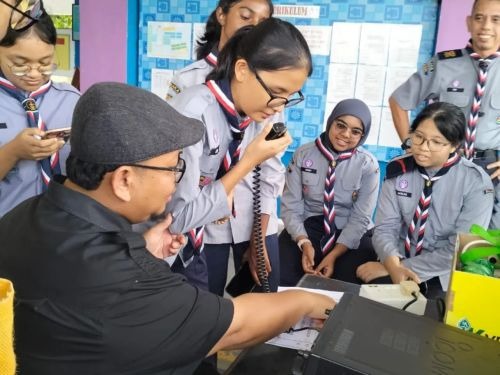
SEO Keywords: Jamboree on the Air, JOTA, scout communication, amateur radio, international friendship
- The Origins of JOTA:
JOTA traces its roots back to 1957 when a group of scout radio enthusiasts organized the first international Jamboree on the Air. Recognizing the potential of amateur radio to connect scouts globally, this event aimed to facilitate communication and cultural exchange among young people. Since then, JOTA has become an annual tradition, taking place on the third full weekend of October. - Amateur Radio’s Role in JOTA:
Amateur radio plays a pivotal role in JOTA, providing scouts with the means to communicate with fellow scouts around the world. Through the use of amateur radio frequencies, scouts can engage in real-time conversations, exchange greetings, and share experiences. Amateur radio operators generously volunteer their time and expertise, setting up stations and guiding scouts in their communication endeavors. - Connecting Scouts Worldwide:
JOTA has become a global phenomenon, enabling scouts from different countries to connect and forge lasting friendships. During the event, scouts gather at local scout group locations or designated JOTA stations, where they communicate with other scouts via amateur radio. These conversations transcend language barriers, cultural differences, and national borders, fostering understanding, tolerance, and a sense of global citizenship. - Activities and Experiences:
JOTA offers a range of activities to enhance the scouting experience. Scouts participate in radio-related workshops, learn about the principles of amateur radio, and acquire practical skills in radio operation. They can also engage in badge work, earn special JOTA badges, and participate in international contests or challenges. JOTA provides a platform for scouts to explore the fascinating world of radio communication. - Community Engagement and Public Service:
JOTA extends beyond scout-to-scout communication. Amateur radio operators and local communities often get involved, supporting JOTA stations and facilitating interactions with scouts. This collaboration strengthens community ties, promotes the positive image of amateur radio, and showcases the benefits of scouting and international cooperation. - JOTA’s Continued Impact:
Over the years, JOTA has left an indelible mark on countless scouts. It has inspired many to pursue careers in STEM fields, including telecommunications and electronics. Moreover, JOTA cultivates a sense of adventure, fosters teamwork, and instills a lifelong appreciation for global communication and cultural exchange. The impact of JOTA extends far beyond the event itself, shaping the lives of young scouts and promoting international understanding.
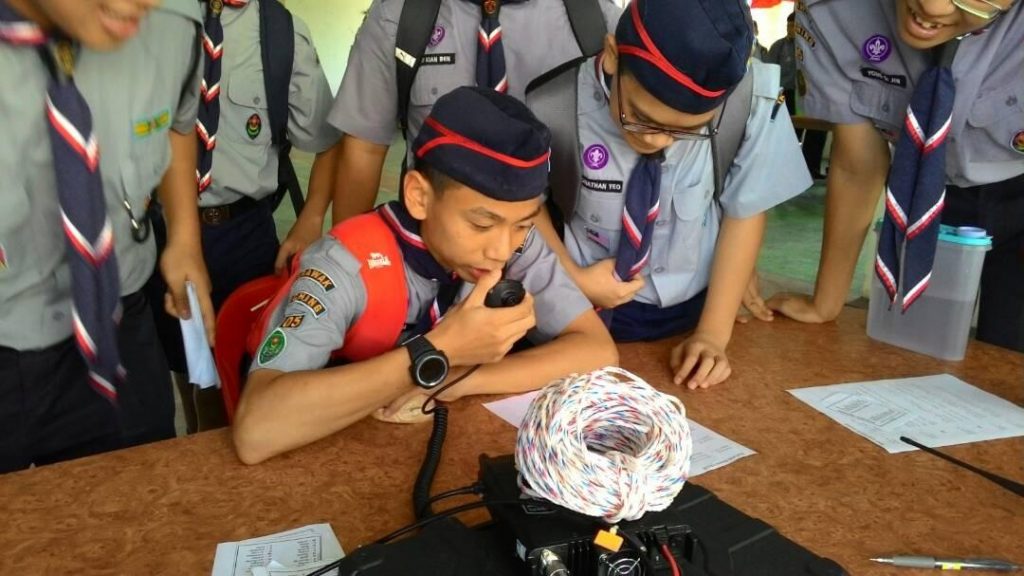
Conclusion:
JOTA has become a cornerstone of the scouting calendar, uniting scouts worldwide through the power of amateur radio. This annual event facilitates cross-cultural communication, builds lasting friendships, and encourages the spirit of exploration and adventure. JOTA exemplifies the transformative potential of amateur radio, connecting young people and fostering global citizenship. As JOTA continues to inspire and engage generations of scouts, its legacy remains a testament to the enduring impact of amateur radio in fostering international friendship and understanding.
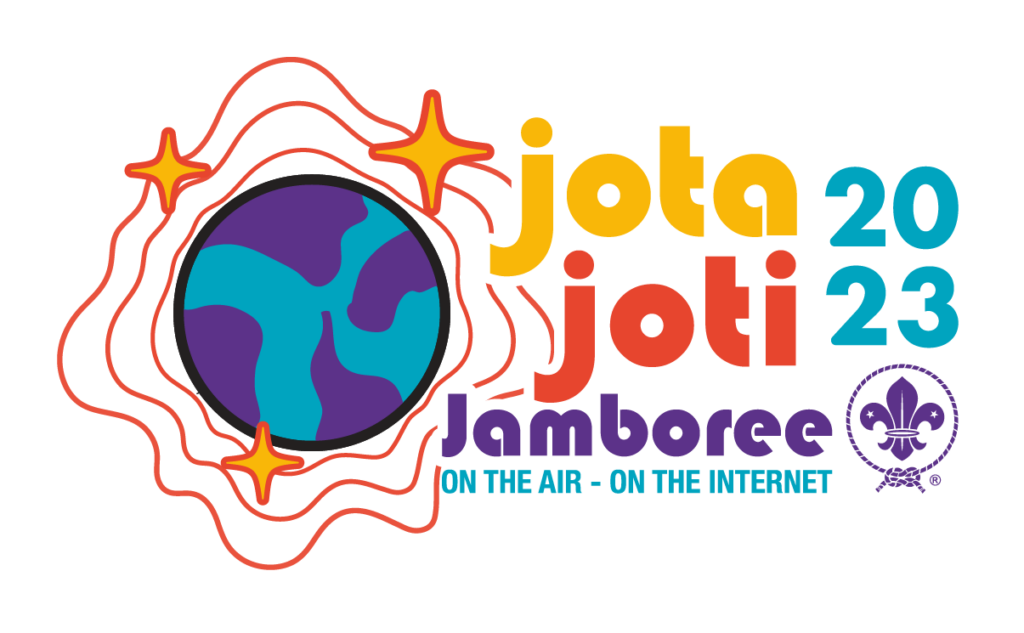
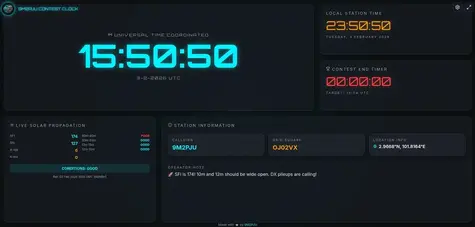
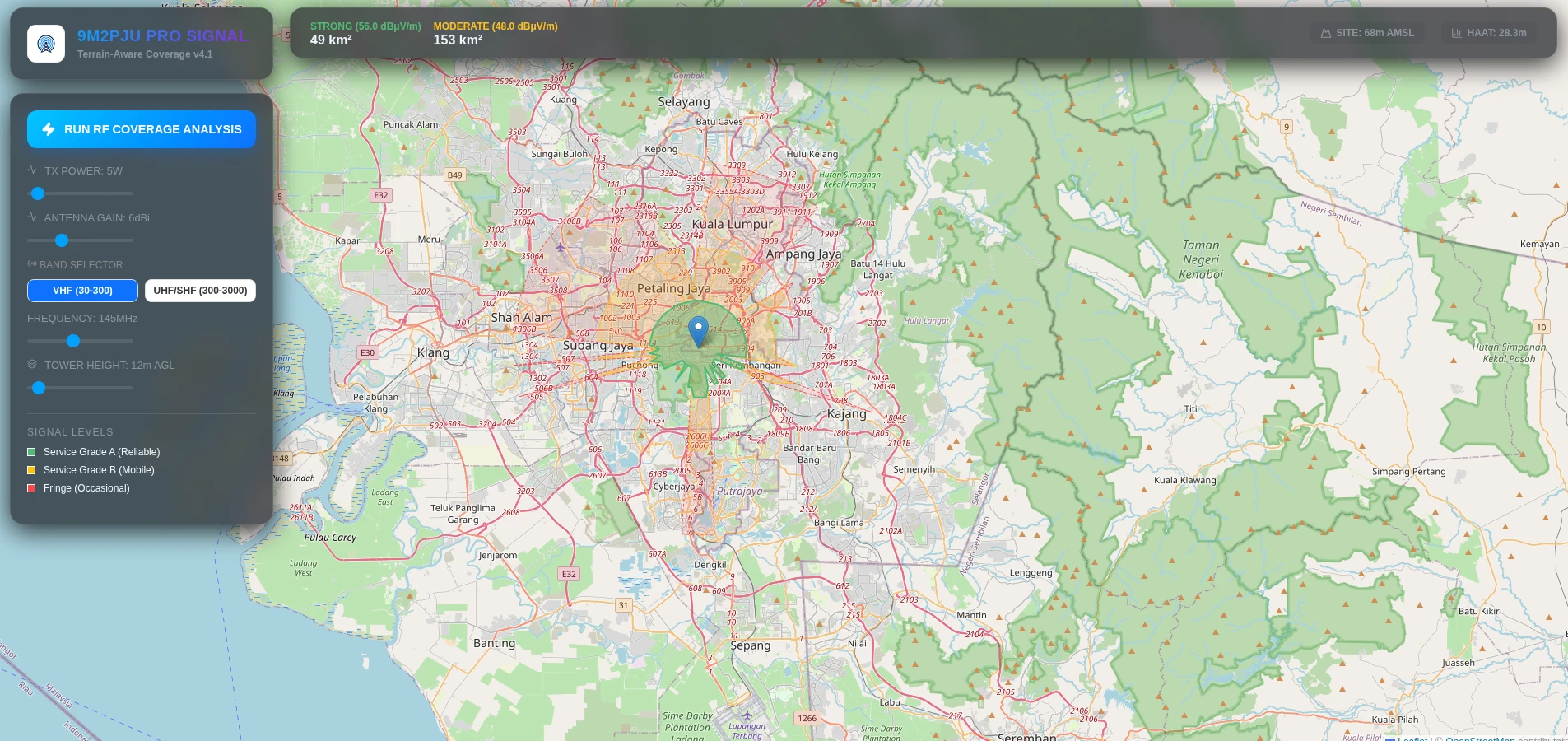
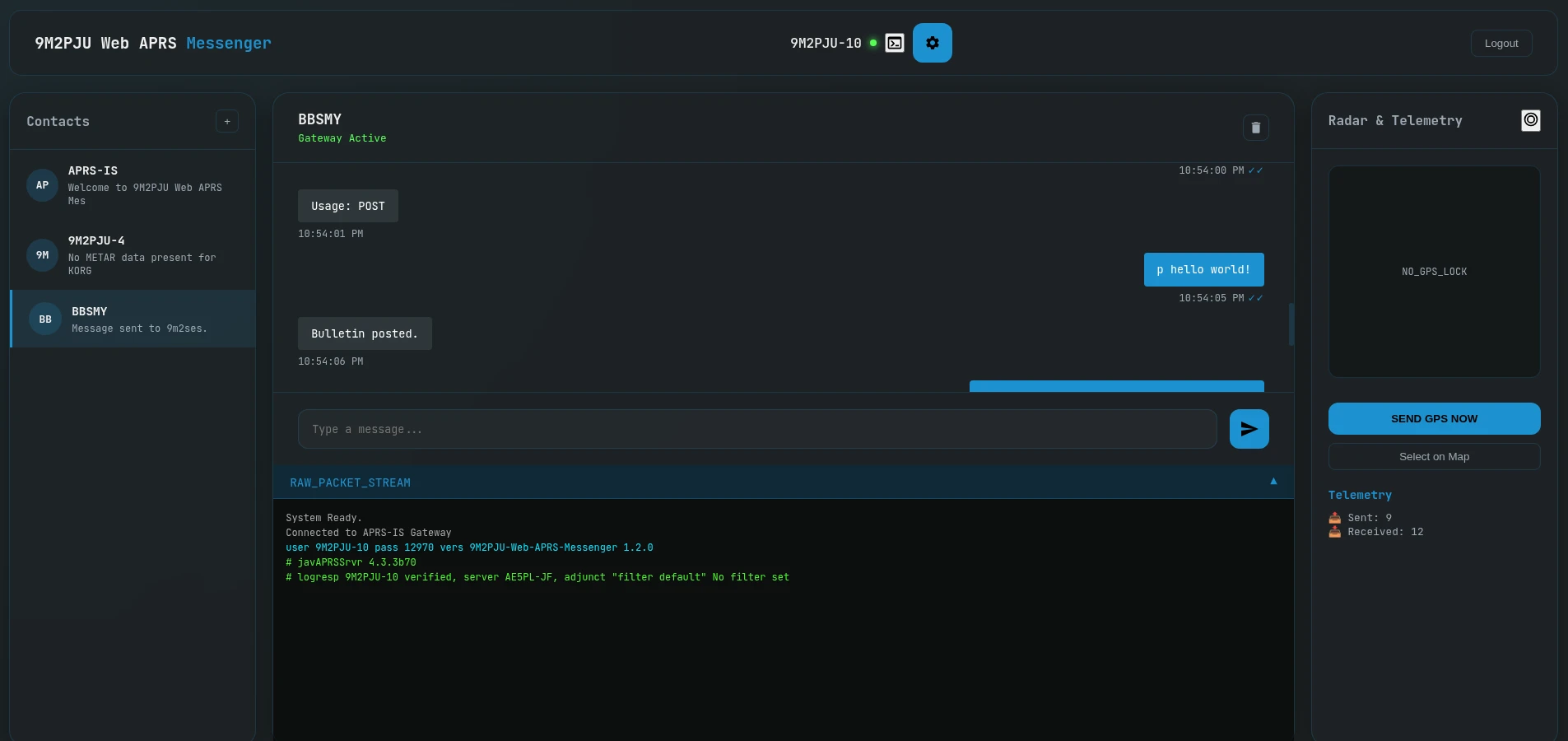



Post Comment